Enhancing rural women's financial inclusion
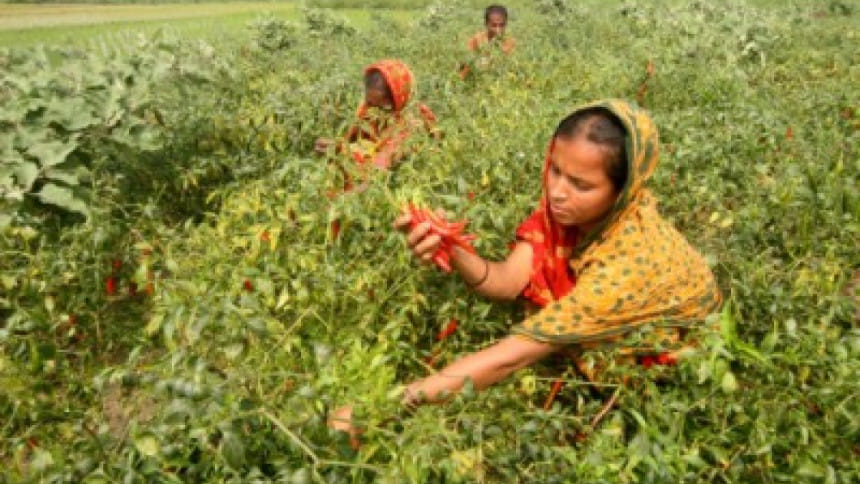
In Bangladesh, the path to financial inclusion for economically disadvantaged and rural women is fraught with systemic barriers and inequalities. Despite significant efforts by various stakeholders, including NGOs to improve financial literacy among the rural poor through initiatives such as Village Saving and Loans Associations (VSLAs), access to commercial banking and affordable loans has largely remained elusive for those living outside urban centres. Historically, rural communities, particularly women, have been challenged by loan rates exceeding 25 percent, making access to financial services a distant dream for many.
Against this backdrop, the Central Bank of Bangladesh has recently reiterated the need to include the rural poor by issuing a new directive. This directive encourages commercial banks to help members of VSLAs open accounts with just Tk 10 and supports these members, who are predominantly women, in accessing loans. In my view, this initiative marks a crucial step towards dismantling the long-standing barriers to financial inclusion. By assisting VSLA members, mostly women, to move from informal savings methods to formal banking services, Bangladesh is doing more than just providing access to financial services. It is emphasising the vital importance of investing in women.
The significance of this change is highlighted by this year's International Women's Day theme, "Invest in Women: Accelerate Progress." From my experiences in Bangladesh, it's clear that despite available subsidies for commercial banks, the rural poor, especially economically disadvantaged women, have frequently been overlooked by the mainstream financial system. This has led to a lack of access to vital financial services and the respect that comes with economic engagement. In my regular interactions with rural women, a common request emerges for access to low-interest loans. Recognising the contribution of savings groups and moving towards financial inclusion not only offers economic benefits but also represents a meaningful investment in women, providing them with the dignity and sense of inclusion they rightfully deserve.
This initiative is a powerful example of how focused investments in women can disrupt cycles of poverty and encourage sustainable growth. My work with savings groups across Africa and Asia has shown me firsthand the critical role these groups play in improving women's financial literacy, enhancing their ability to make decisions, and advancing gender equality in financial matters. By ensuring access to reliable banking services in Bangladesh, we are doing more than just enabling rural women to start businesses and develop their skills; we are recognising them as essential contributors to their communities and the broader economy.
In today's rapidly evolving technological landscape, it's crucial to improve digital and financial literacy among women. Looking ahead, digital financial services will be instrumental in overcoming geographical barriers, allowing women to access financial services directly without visiting a bank. It's also important for commercial banks to adapt their offerings to the unique needs of rural women. With the government already allocating resources for the financial inclusion of the rural population, commercial banks now have a critical role in leveraging these resources to propel us towards a more thriving, resilient, and fair society. Investing in women goes beyond a moral duty; it is a strategic imperative for holistic development.
Embracing the 2024 theme for International Women's Day reminds us of the substantial societal benefits that strategic investments in women's economic empowerment can bring. I am optimistic that enhancing women's access to commercial banking and affordable loans will be a key driver of inclusive development in Bangladesh, aligning with our collective journey towards building a more inclusive society.
Marc Nosbach is a seasoned development leader with expertise on poverty alleviation and women's empowerment and is currently the Chief of Party for CARE Bangladesh's SHOUHARDO activity, funded by USAID.
Views expressed in this article are the author's own.
Follow The Daily Star Opinion on Facebook for the latest opinions, commentaries and analyses by experts and professionals. To contribute your article or letter to The Daily Star Opinion, see our guidelines for submission.

 For all latest news, follow The Daily Star's Google News channel.
For all latest news, follow The Daily Star's Google News channel. 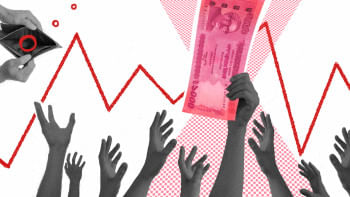
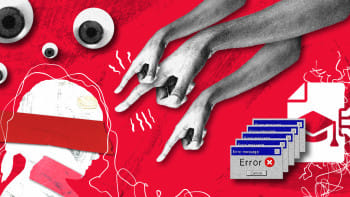


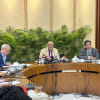
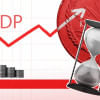

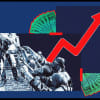



Comments